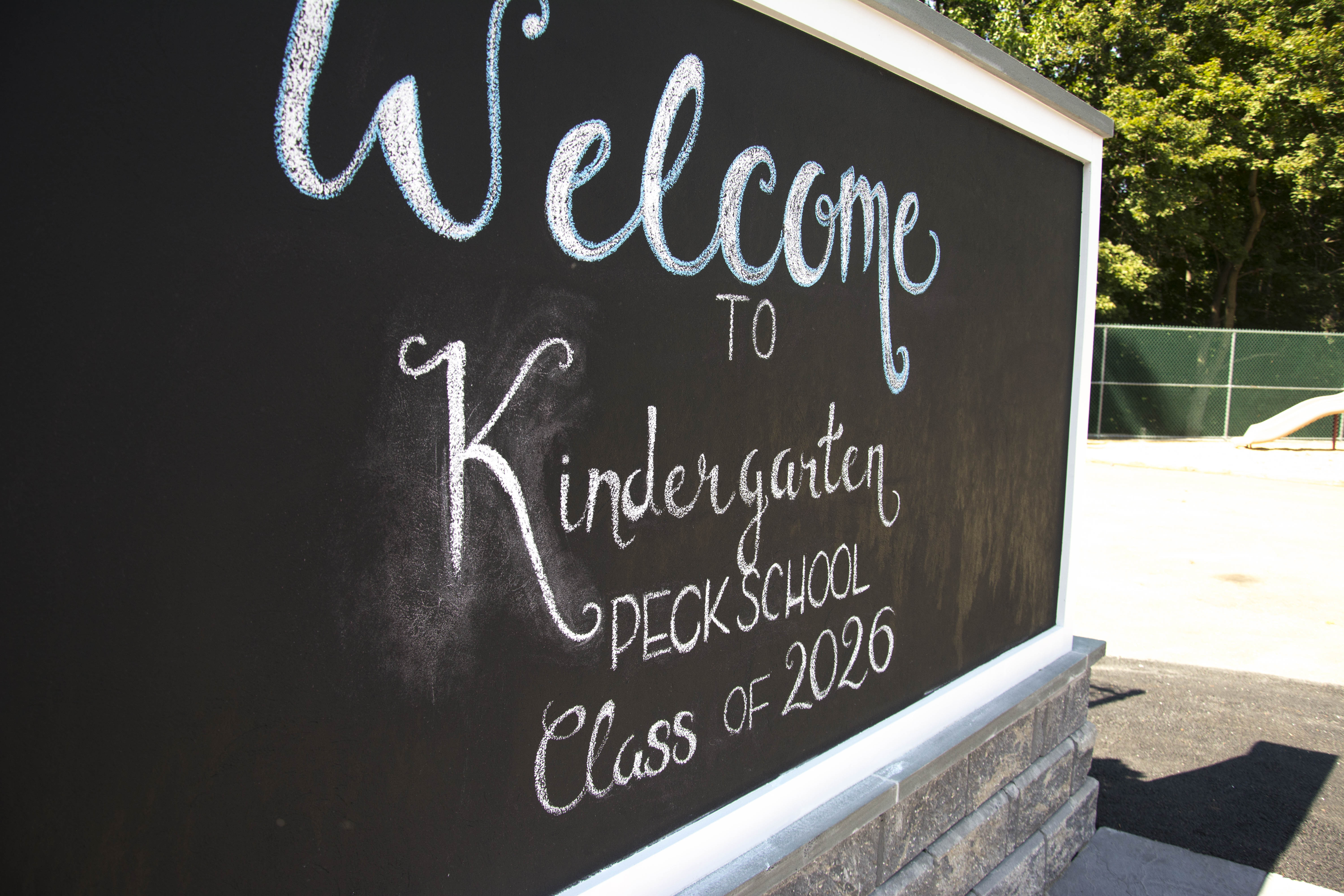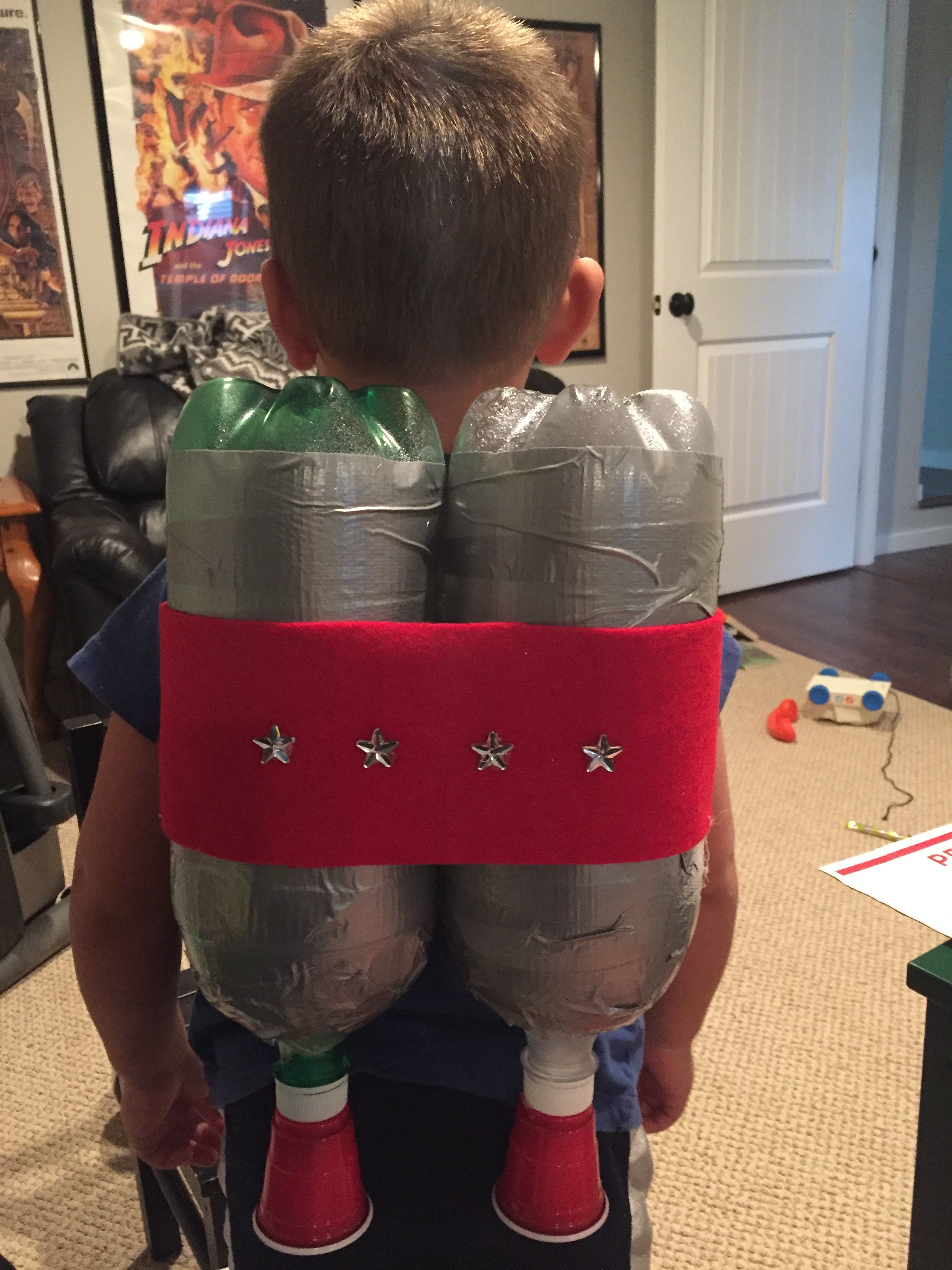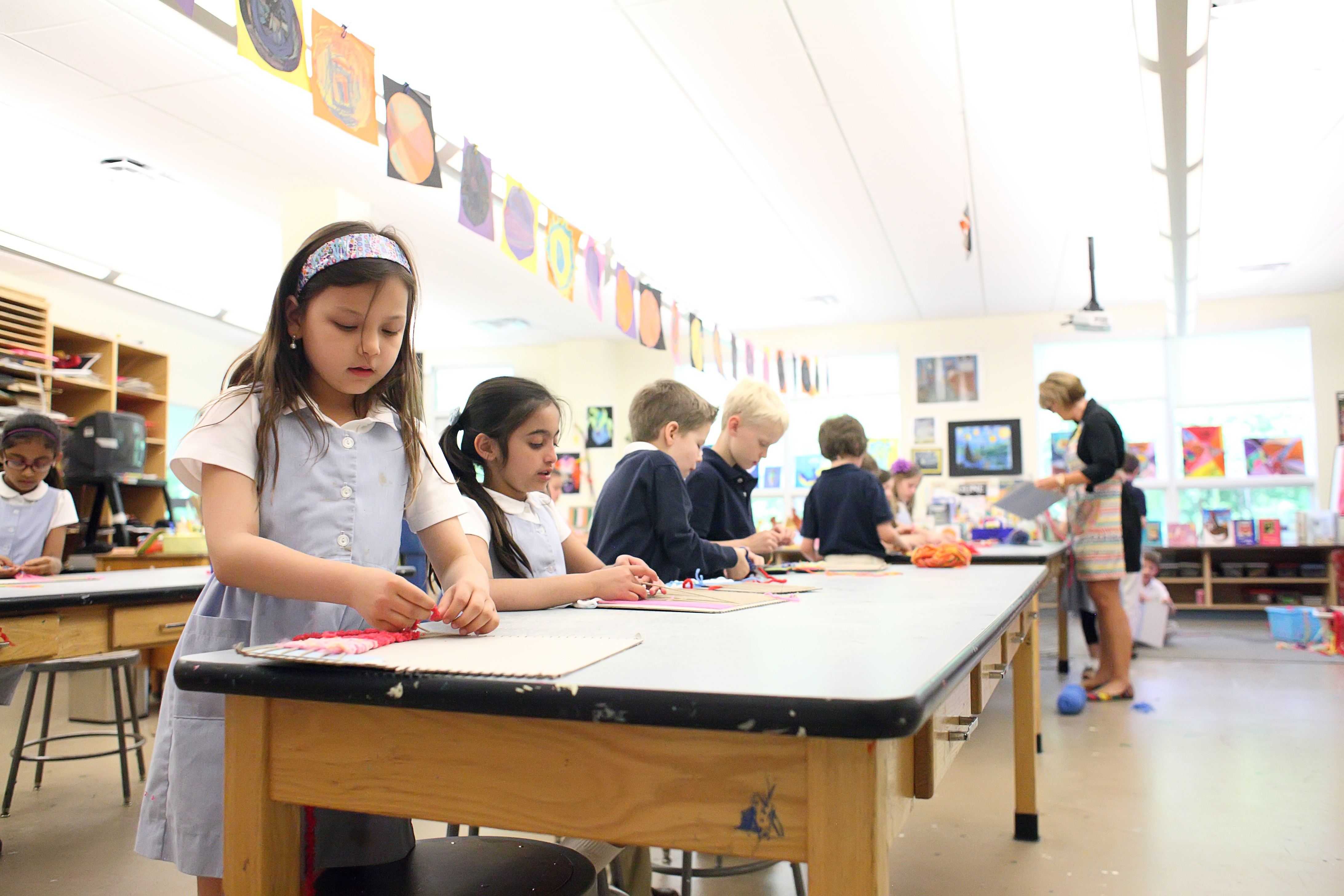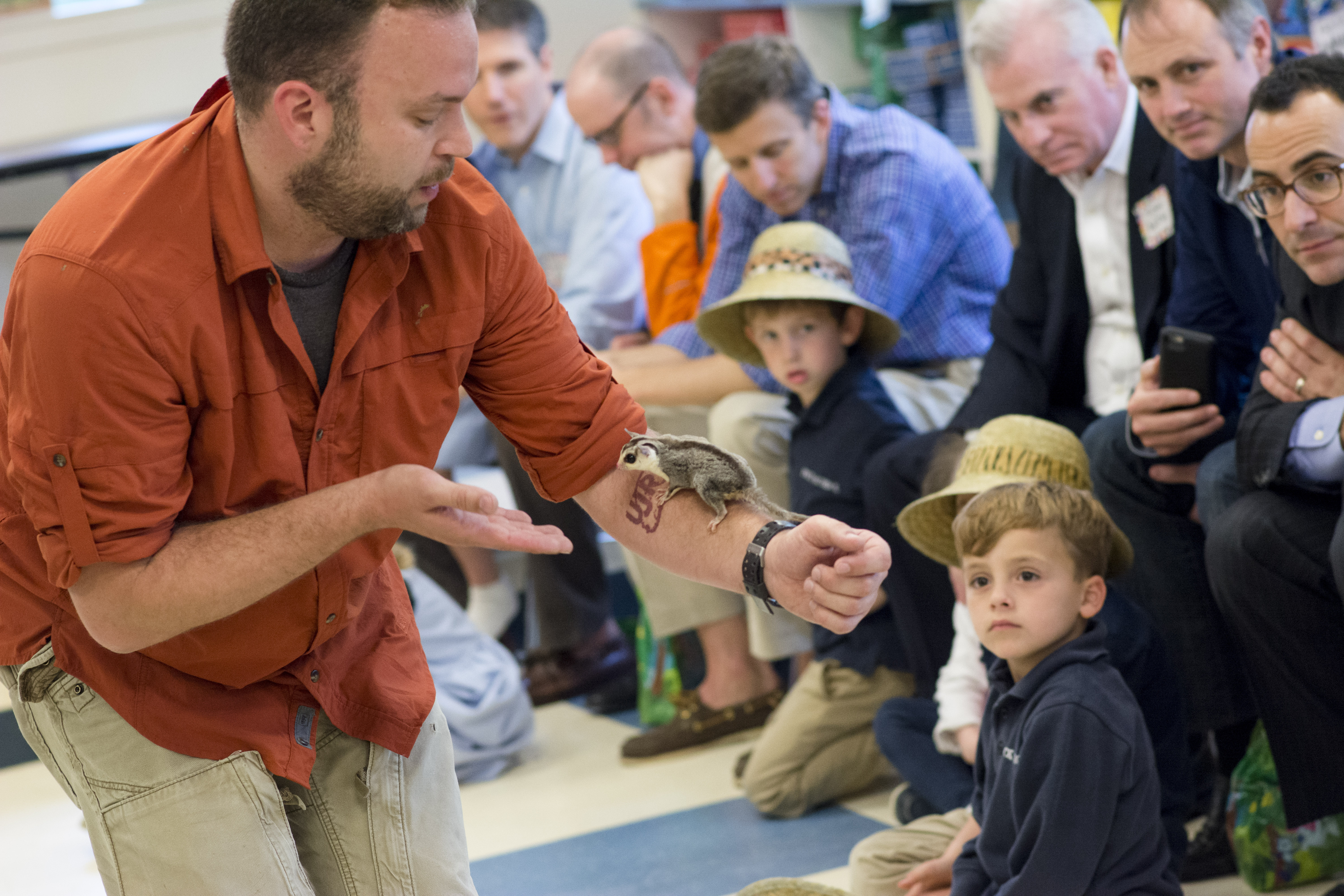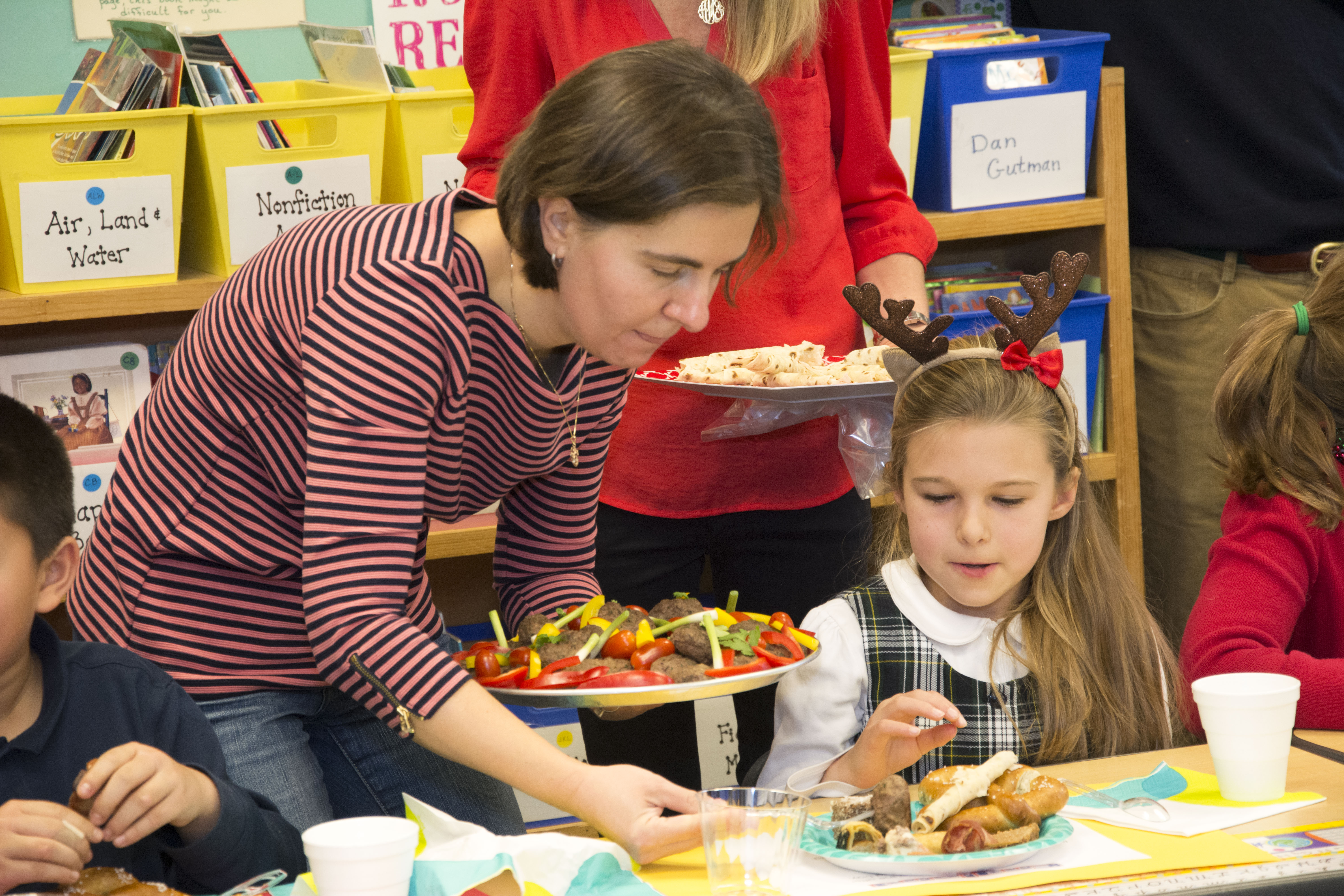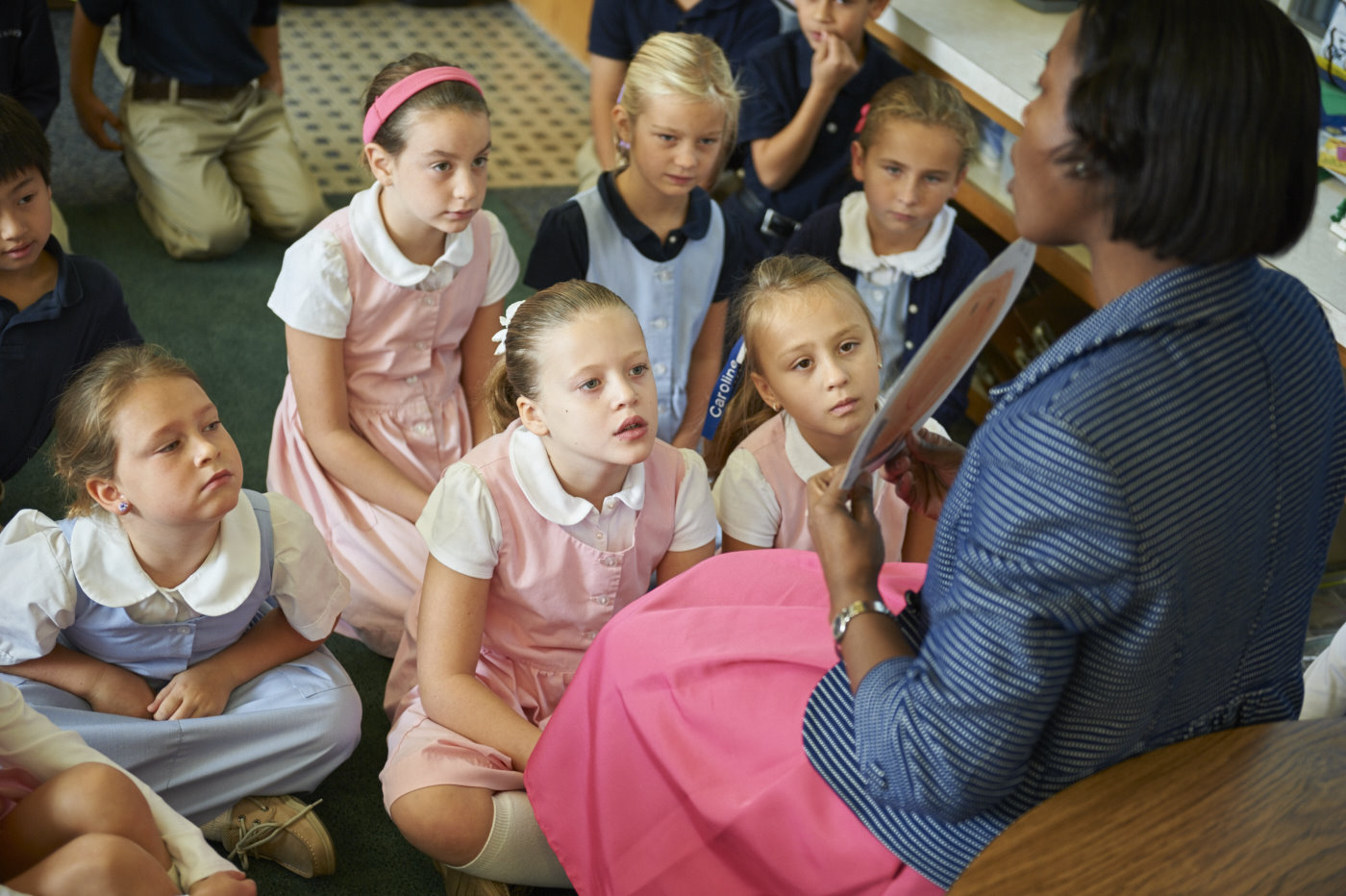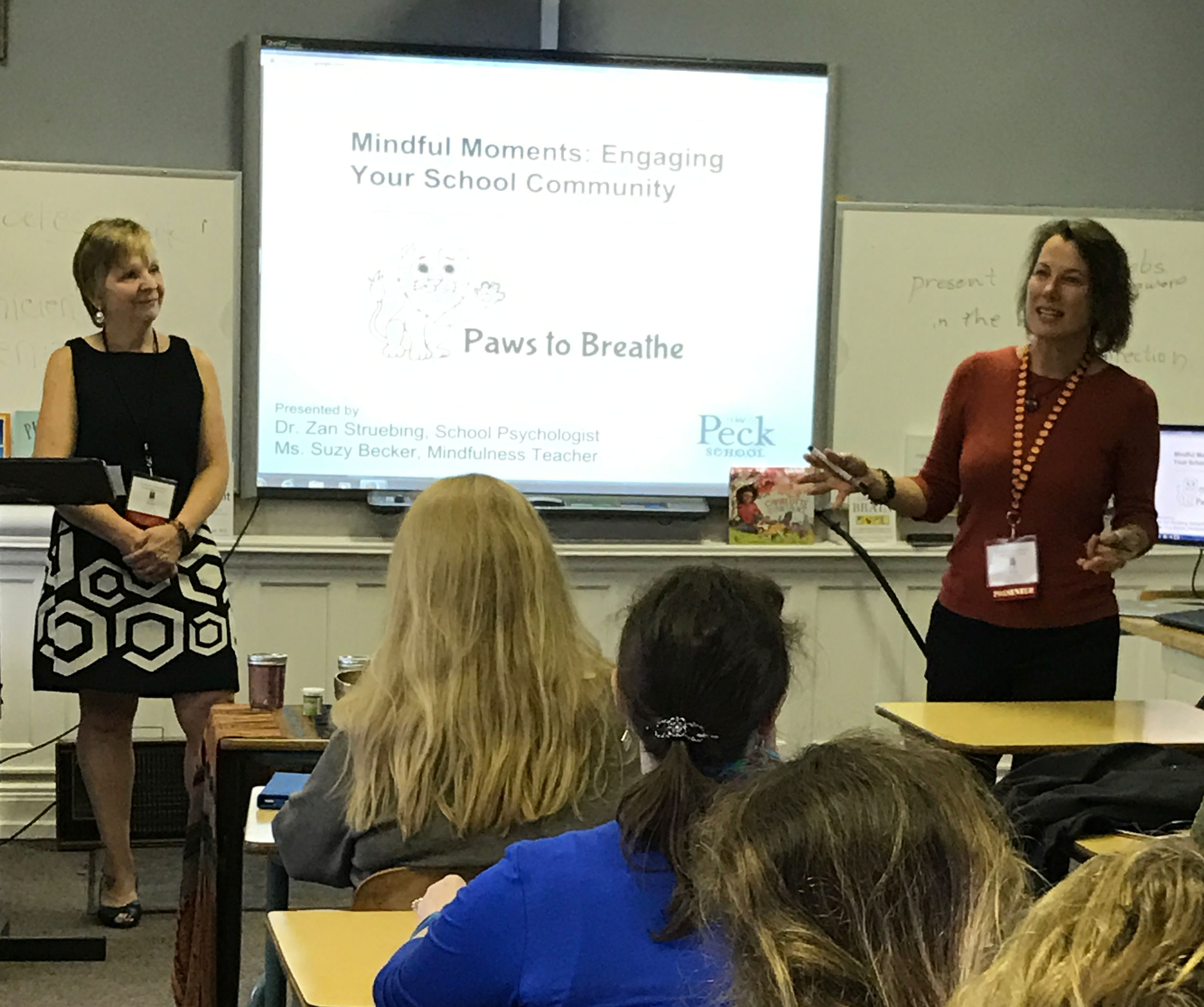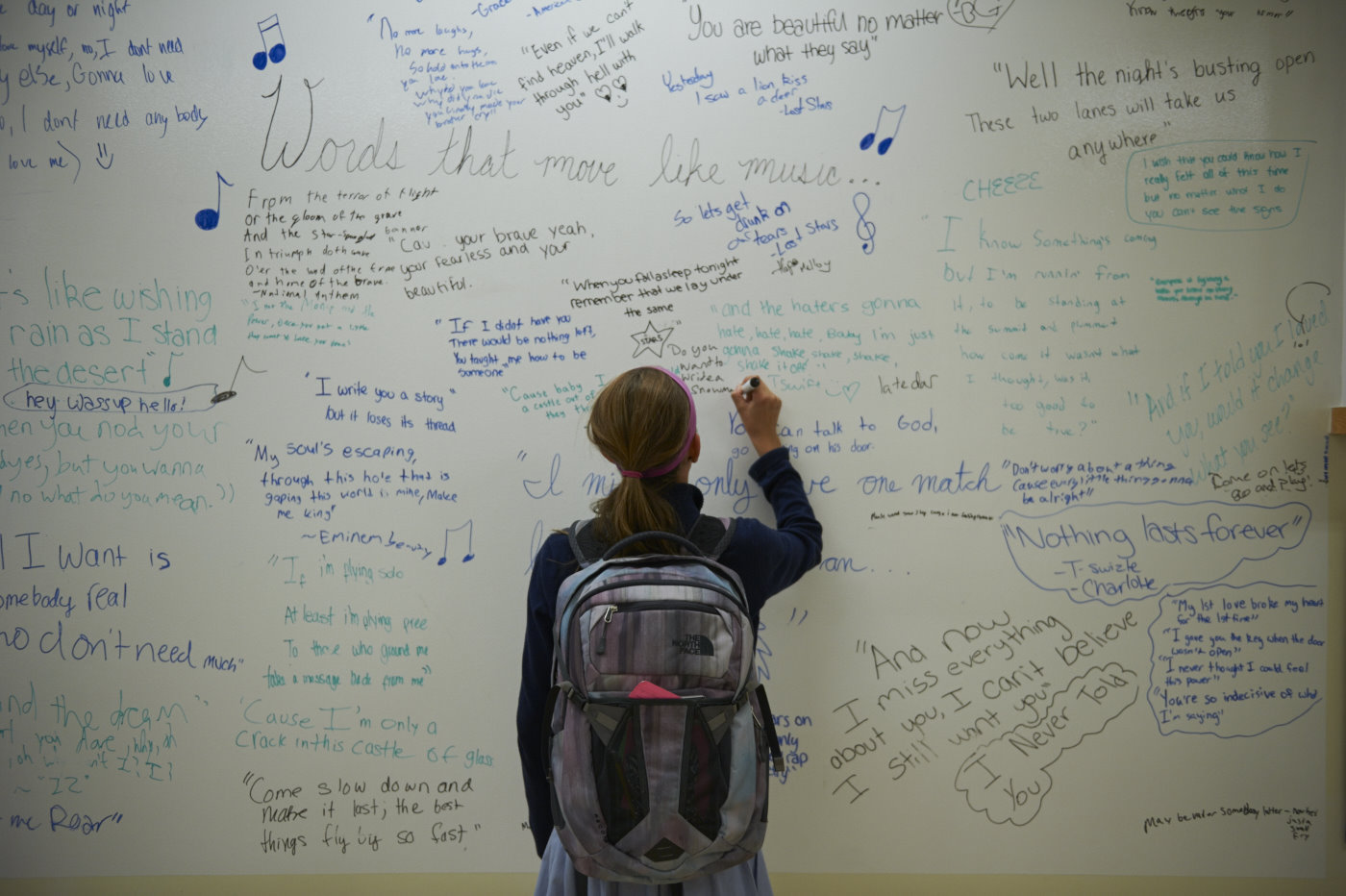My heart goes out to each and every child, returning and new, with his and her trepidations, anxieties, excitements, consternations -- you name it!
DR. ZAN STRUEBING, SCHOOL PSYCHOLOGIST: One of my dear friends and colleagues always told me, “Sometimes having too much empathy can be a hazard.” This statement is never truer for me than on the first days of a new school year. Every year, I enter the new adventure with my most empathic heart on my sleeve, and my family would be happy to tell you that it’s an emotional roller coaster.
My heart goes out to each and every child, returning and new, with his and her trepidations, anxieties, excitements, consternations -- you name it! The one certainty is that each and every student walks through the doors of our school with a myriad of emotion. Some are just better at buttoning down and masking those emotions. While all of us as adults fall into the trap of feeling we have somehow “succeeded” when we minimize or avoid first day tears, we are simply deluding ourselves if we believe that many are not “raining” or trembling on the inside.
